Chaos Erupts in Angola's Capital as Fuel Protest Turn Violent
- by Meici, Angola, RNG247
- yesterday
- 37 views
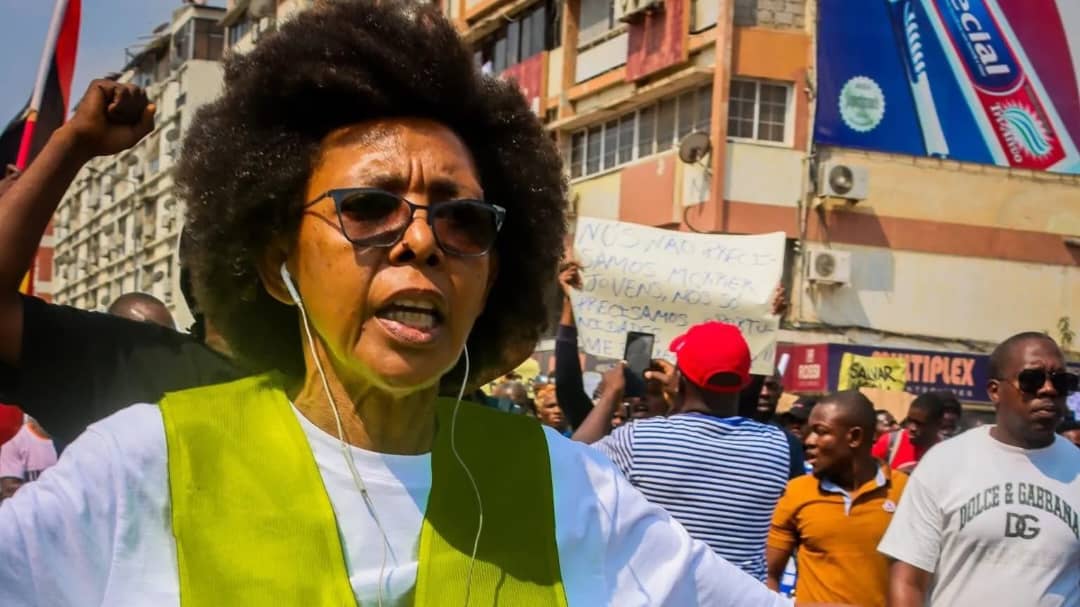
In a stunning turn of events, the streets of Luanda, Angola's capital, descended into chaos as peaceful protests against rising fuel prices spiraled into widespread unrest. What began as a three-day taxi drivers' strike has now morphed into one of the most significant waves of civil disobedience the country has witnessed in recent memory.
On Monday, thousands of demonstrators flooded the streets, their anger palpable as they blocked roads, looted shops, and engaged in fierce clashes with law enforcement. The police, caught off guard by the scale of the protests, struggled to maintain order as the situation rapidly deteriorated.
Laura Macedo, a prominent local activist, offered insight into the root causes of the unrest. "The fuel price issue is merely the spark that has reignited widespread public discontent," she explained. "People are at their breaking point. Hunger is rampant, and the poor are being pushed to the brink of desperation."
The government's recent decision to increase diesel prices by over 33% as part of a broader plan to eliminate fuel subsidies has hit Angolans hard. The ripple effects have been felt across the economy, with rising transportation costs driving up the prices of staple foods and essential goods.
As tensions escalated, the police responded with a heavy hand, arresting more than 100 individuals and condemning what they termed "acts of urban terror." Reports of fatalities, including the alleged death of a police officer, have further inflamed the situation, though official confirmation remains elusive.
President João Lourenço has dismissed the protesters' concerns, characterizing the demonstrations as a thinly veiled attempt to undermine his government. His stance has only served to further antagonize a population already struggling with an average monthly wage of just 70,000 kwanzas ($75).
The unrest has exposed deep-seated frustrations with nearly five decades of rule by the governing MPLA party. Protesters have seized this moment to voice their discontent with the country's broader socioeconomic challenges, chanting slogans that go far beyond the issue of fuel prices.
As night fell on Monday, an uneasy calm settled over Luanda. The MPLA issued a stern warning to young people, urging them to stay away from the protests and accusing demonstrators of attempting to mar the upcoming celebrations of Angola's 50th anniversary of independence.
With major businesses shuttered and many residents heeding advice to stay home, the capital now stands at a crossroads. The coming days will prove crucial in determining whether this wave of protests marks a turning point in Angola's political landscape or fades into yet another chapter of unrest in the nation's tumultuous history.
As the world watches, the question remains: Will the Angolan government address the underlying issues fueling this discontent, or will it continue to dismiss the legitimate grievances of its citizens? The answer may well shape the future of this resource-rich but deeply divided nation.



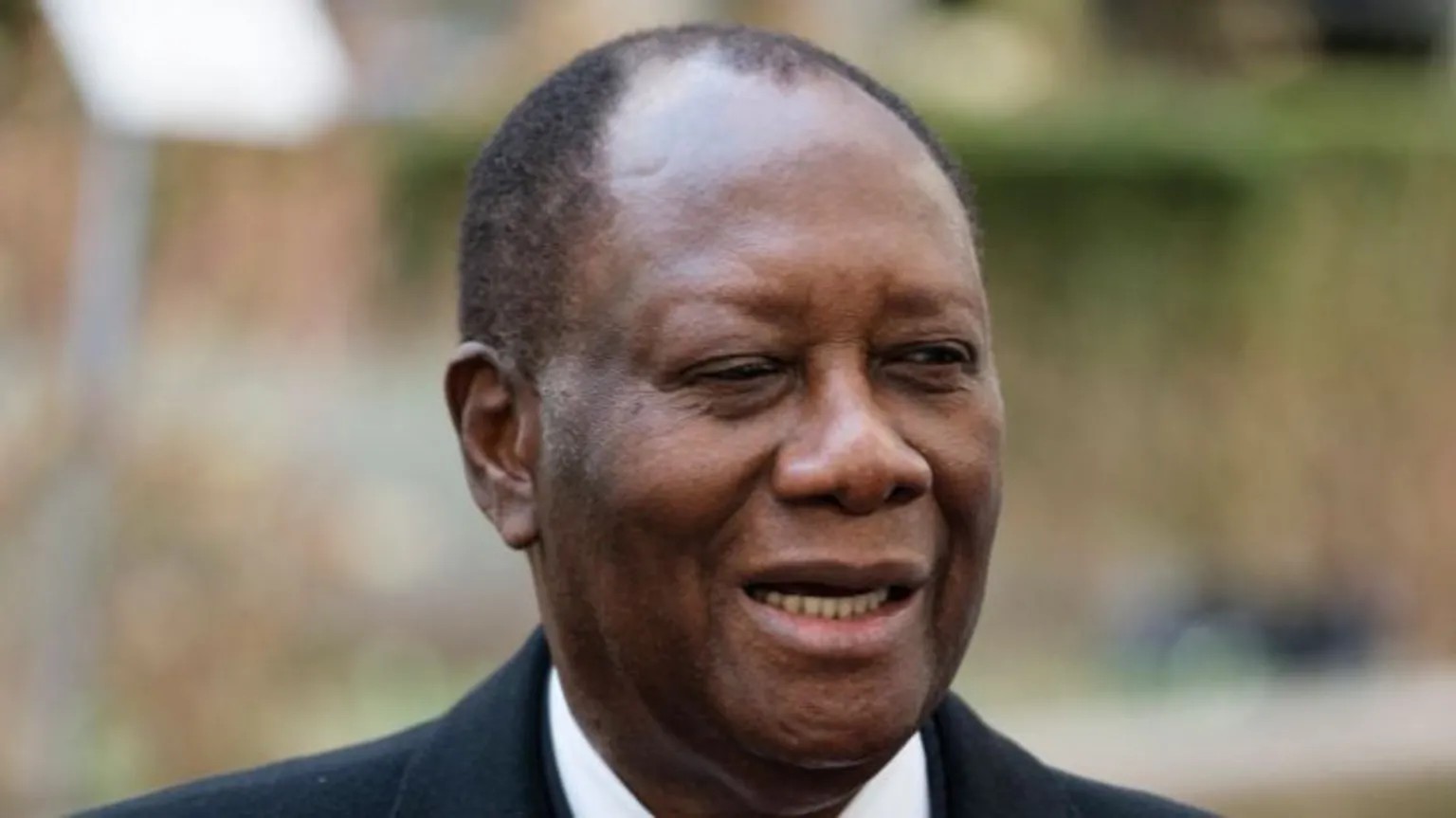
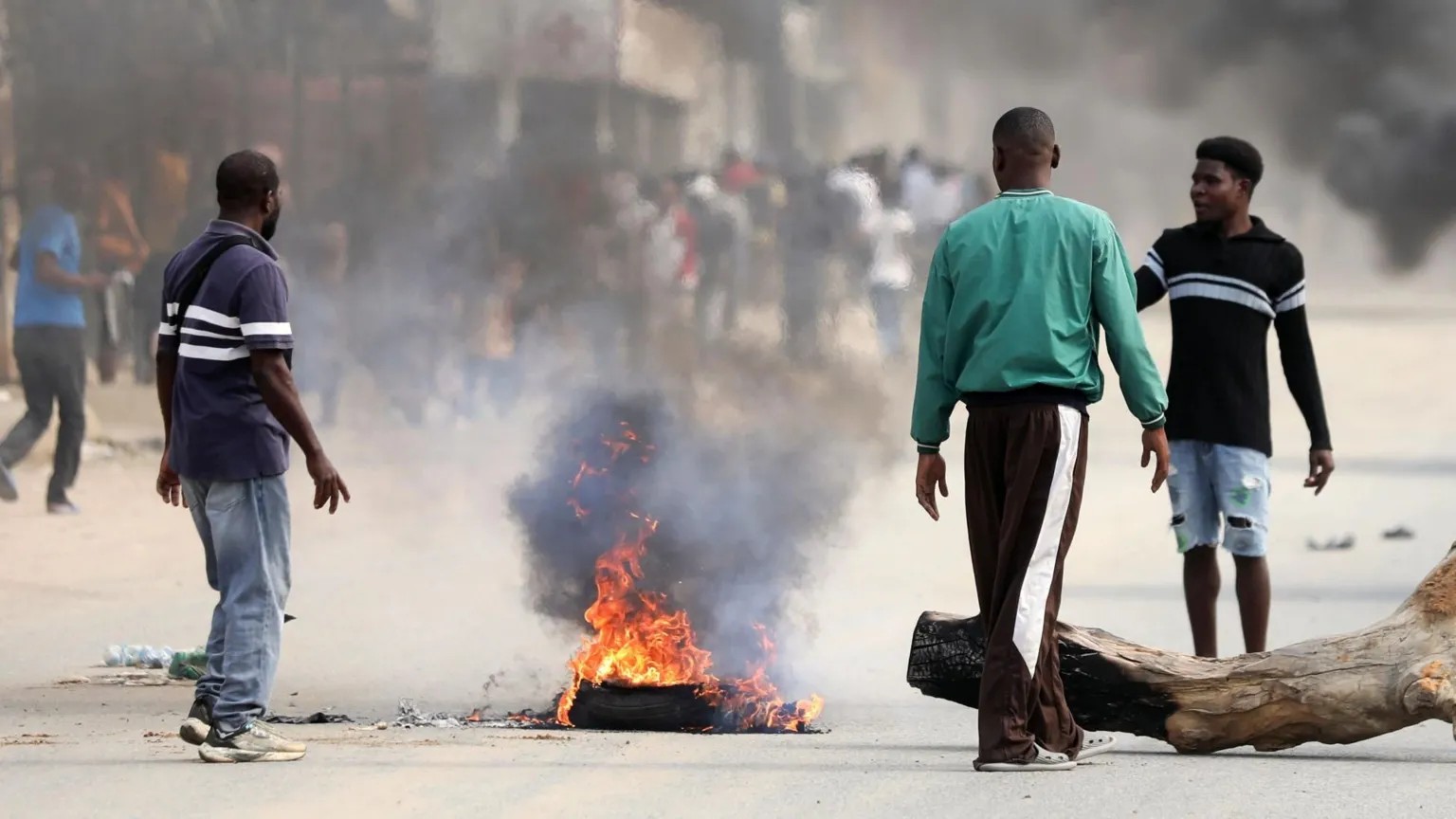





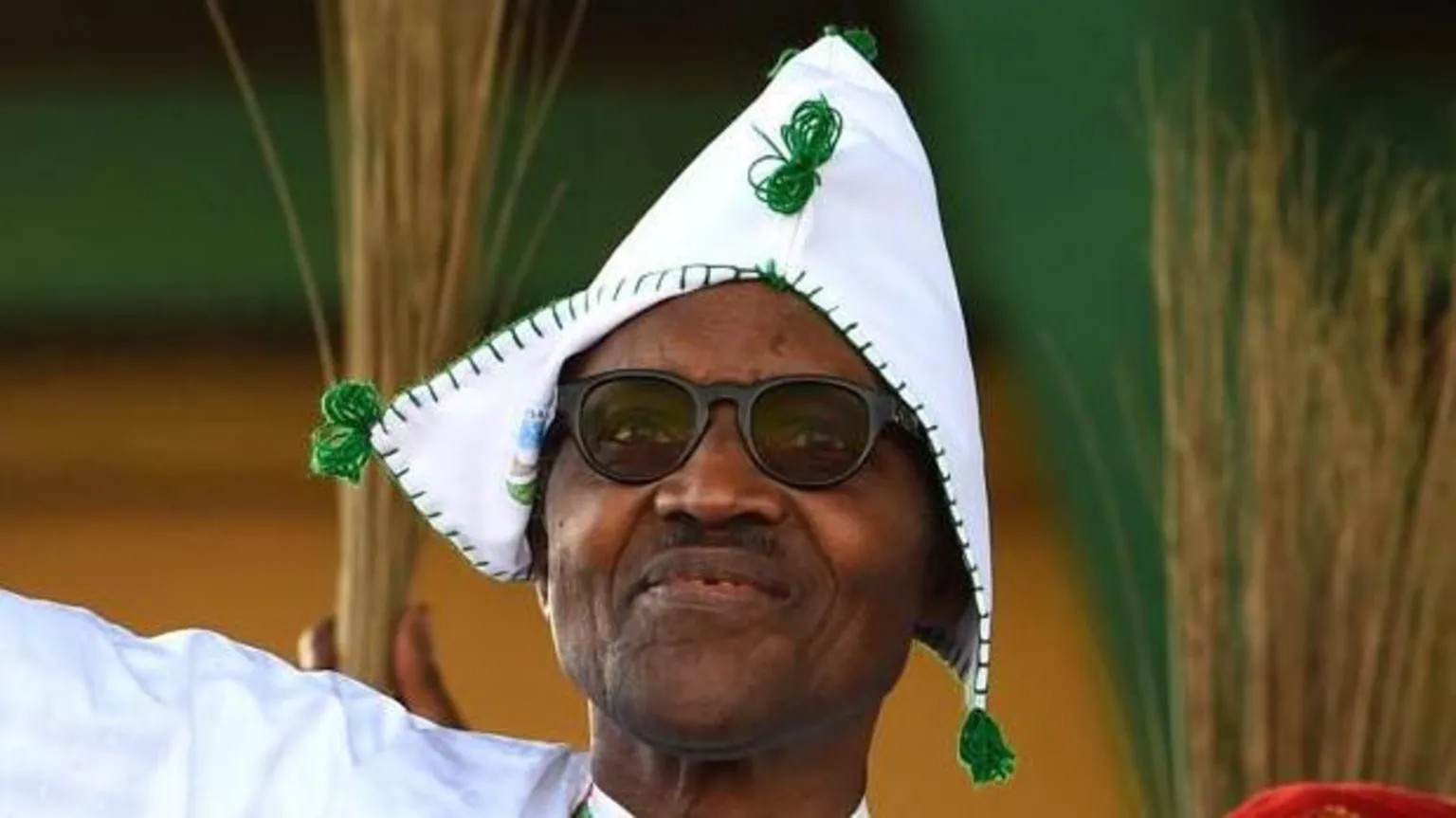


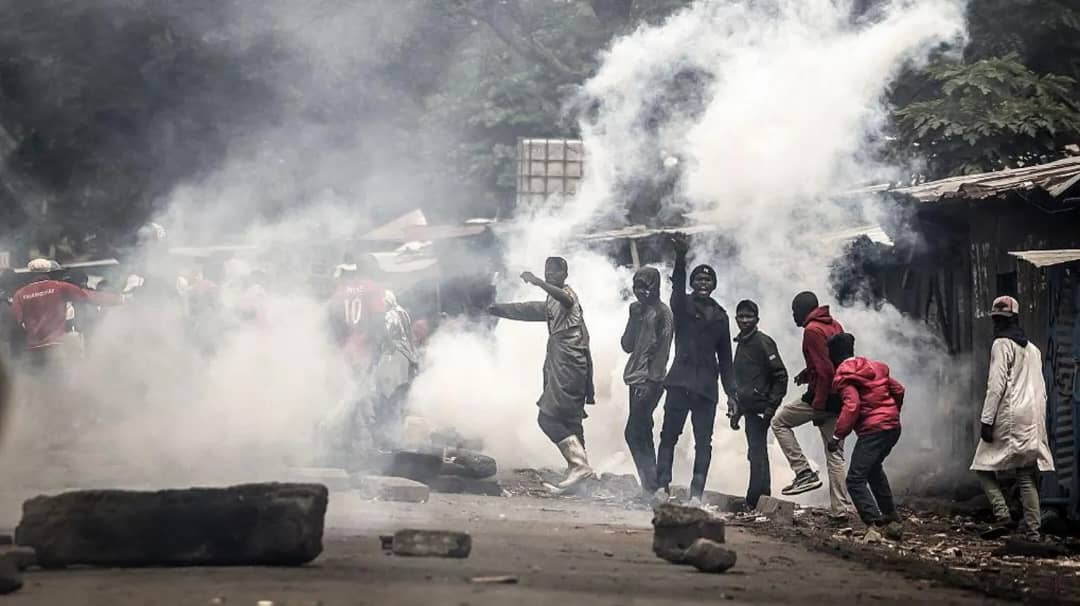
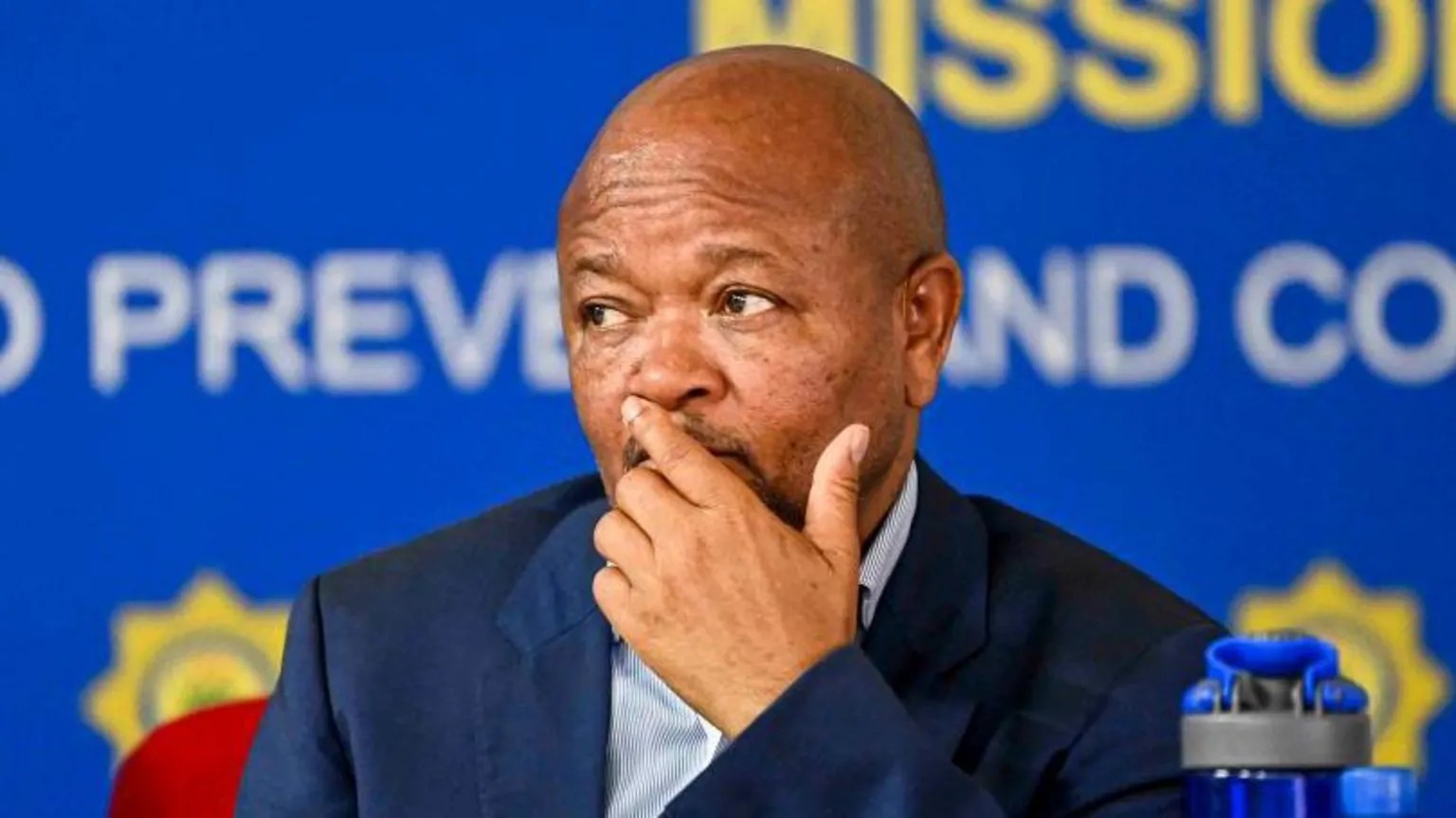

0 Comment(s)